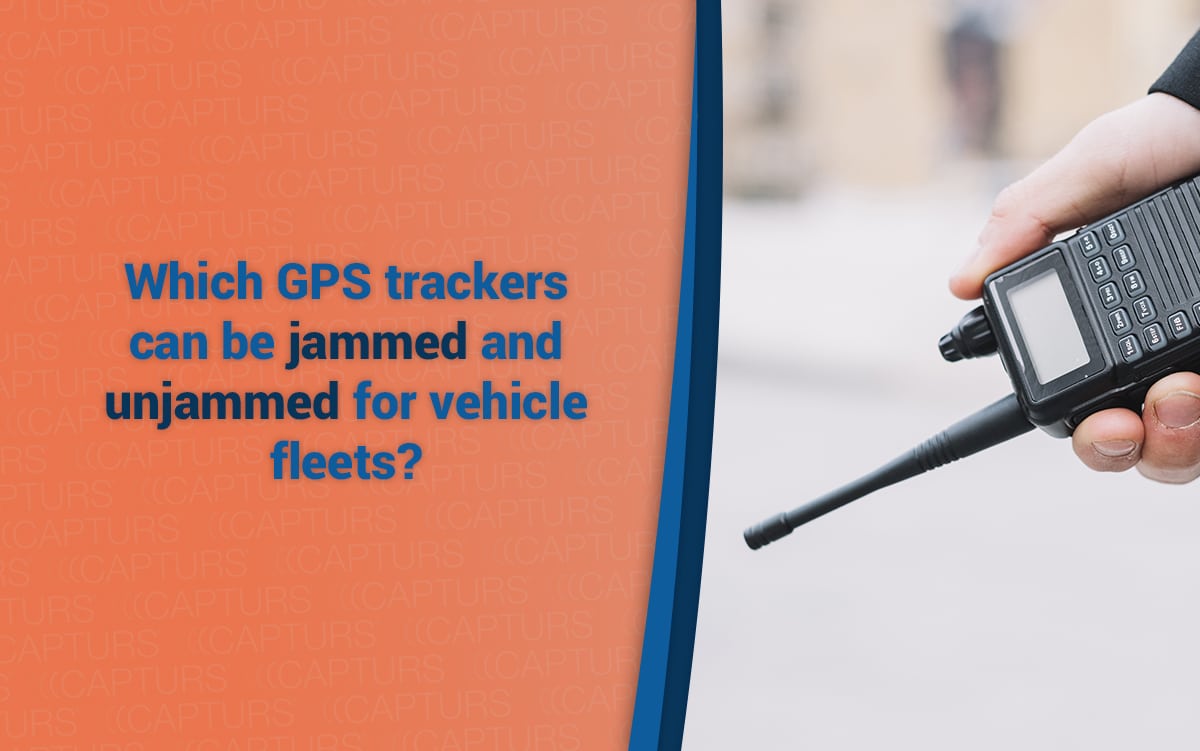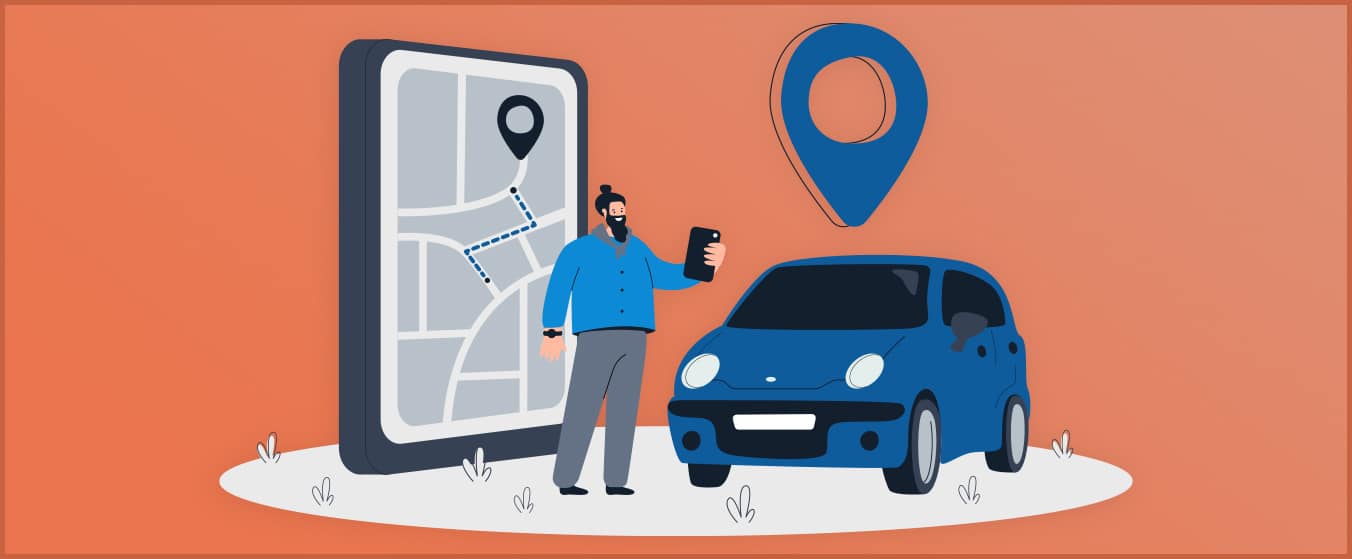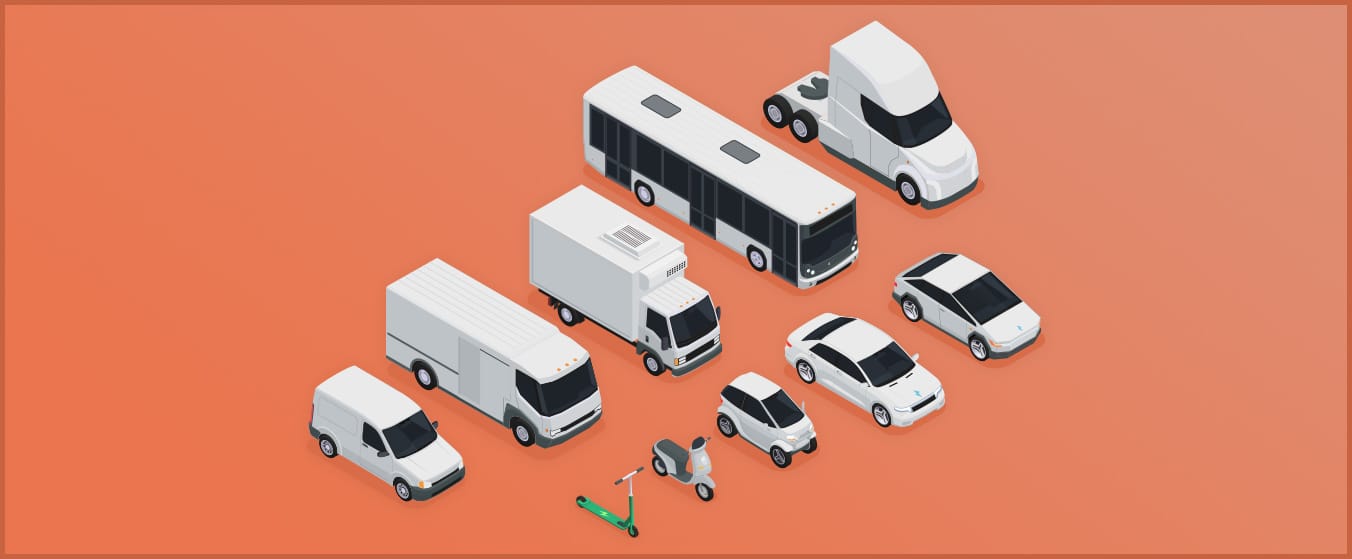Which GPS trackers can be jammed and unjammed for vehicle fleets?

GPS trackers are devices that allow you to know the geographic position of an object or person in real time. They consist of a GPS receiver that picks up signals from satellites and a network transmitter that transmits the coordinates to a server or smartphone. GPS trackers are used for many applications, such as security, fleet management, location sharing or the protection of property and people. Car GPS trackers for vehicle fleet tracking are becoming more and more popular among companies. There are different types of GPS trackers, depending on their mode of operation, their autonomy, their resistance or their cost. Among them, there are jammable GPS trackers and non-jammable GPS trackers. What are the characteristics of these two categories of tracers? What are their advantages and disadvantages? What are some examples of products and situations where they are used? This is what we will see in this article.
Jammable GPS trackers for cars
Jammable GPS trackers are devices that use 2G, 3G or 4G networks to transmit their position to a server or smartphone. They require the insertion of a SIM card and payment of a monthly or annual subscription to work. They offer real-time location without distance limits, but they are also vulnerable to jammers.
Jammable GPS trackers have some disadvantages:
- They depend on network coverage and GPS signal, which may be weak or unavailable in certain areas (tunnels, underground parking lots, rural areas, etc.).
- They are exposed to jammers, which are devices capable of emitting parasitic waves to disrupt the operation of GPS trackers. These jammers are illegal in France, but they are easily accessible on the internet.
Although jammable, these GPS trackers offer many advantages:
- They allow you to follow the movements of a car on an interactive map, with an accuracy of a few meters.
- They offer additional functionalities, such as the creation of security zones (geofencing), alert in the event of movement or departure from the defined perimeter, journey history, etc.
- They are easy to install and use, thanks to dedicated applications on smartphone or computer.

Unjammable GPS trackers for cars
Non-jamming GPS trackers are devices that use alternative technologies to the GSM network to transmit their position. They can work with the LoRa (Long Range) network, the Sigfox network or the satellite network. They do not require a SIM card or subscription, but they are often more expensive to purchase (especially for GPS trackers on the satellite network). The accuracy of the positions sent by these GPS trackers is less than that of GSM GPS trackers, because they offer less frequent location, but they are also more resistant and more autonomous.

The advantages of non-jamming GPS trackers are:
- They are not affected by jammers, which are ineffective on the frequencies used by these trackers.
- They consume less battery and can last several months or years without recharging.
- They work in areas where the GSM network is non-existent or weak.
The disadvantages of non-jamming GPS trackers are:
- They do not allow movements to be tracked in real time, but only at regular intervals (from a few minutes to a few hours).
- They offer lower location accuracy, which can vary from a few meters to several kilometers depending on the network used.
Jammable or unjammable GPS trackers for vehicle fleets: how to choose?
Jammable GPS trackers and non-jammable GPS trackers are two types of devices that allow you to know the geographic position of an object or person in real time. They are distinguished by their mode of operation, their autonomy, their resistance, their cost and their limits.
What jammable GPS trackers have in common with non-jammable GPS trackers
- They have technology composed of a GPS receiver which captures signals from satellites and a transmitter which transmits the coordinates to a server or to a smartphone.
- They are used for many applications, such as corporate vehicle fleet management.
- They offer additional features, such as the creation of virtual zones, alert in the event of movement or departure from the defined perimeter, journey history, etc.

The differences between jammable GPS trackers and non-jammable GPS trackers
GPS car trackers that are noisy use 2G, 3G or 4G networks to transmit their position. On the other hand, GPS trackers that cannot be jammed use alternative technologies such as the LoRa network, the Sigfox network or the satellite network.

Jammable GPS trackers provide real-time location without distance restrictions, but they are vulnerable to interference and jamming devices. In comparison, non-jamming GPS trackers provide less frequent and less precise location tracking, but they are more resilient and autonomous.
Jammable GPS trackers have high battery consumption, requiring frequent recharges or constant connection to the vehicle’s battery (depending on the GPS trackers’ settings). In contrast, non-jamming GPS trackers consume less battery and can operate for several months or even years without recharging.
Jammable GPS trackers depend on network coverage and GPS signal, which may be weak or unavailable in some areas. On the other hand, non-jamming GPS trackers work in areas where GSM network is non-existent or weak, such as rural areas, mountains or oceans.

For jammable GPS trackers to work, it is necessary to insert a SIM card and subscribe to a monthly or annual subscription. In contrast, non-jamming GPS trackers do not require a SIM card or subscription, but their initial purchase cost is often higher.
The performance of jammable GPS trackers and non-jammable GPS trackers therefore depends on the context of use. You must choose the best GPS tracker for vehicle fleet according to your needs and budget. For example :
- If you want to track the movements of a vehicle or a person on an interactive map, with an accuracy of a few meters, it is better to opt for a jammable GPS tracker.
- If you want to protect an object or animal against theft or loss in an area where the GSM network is weak or non-existent, it is better to opt for a non-jamming GPS tracker.
